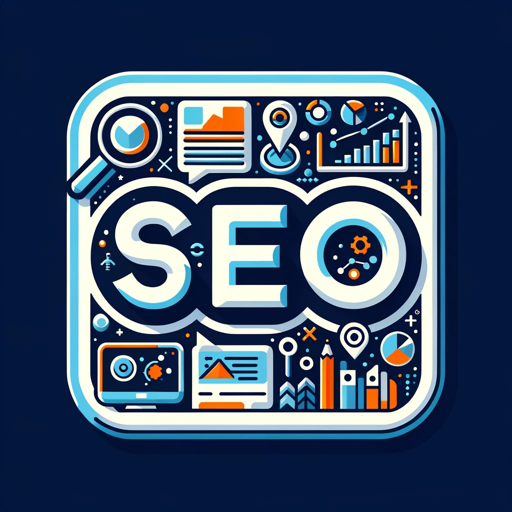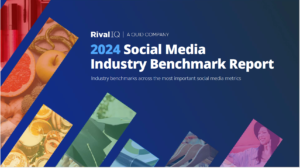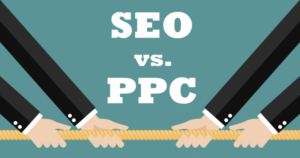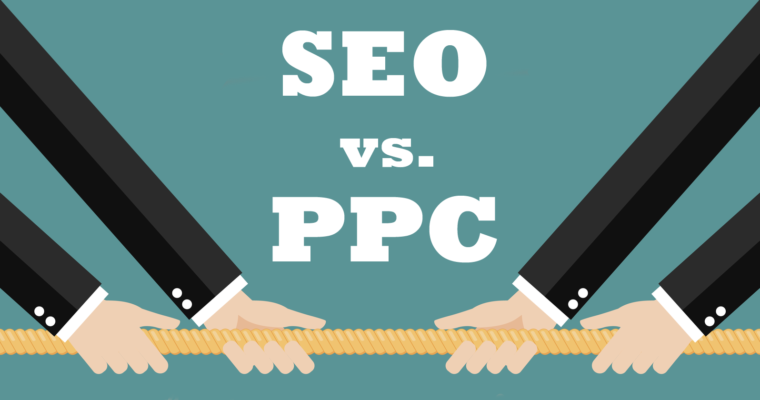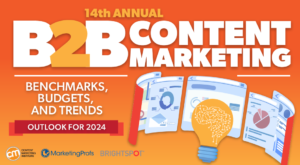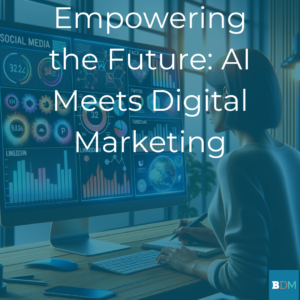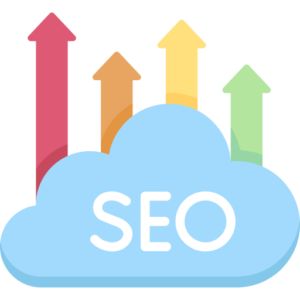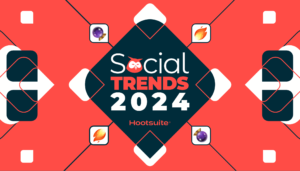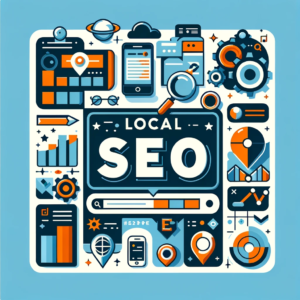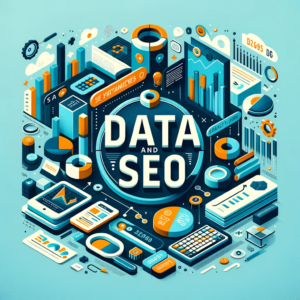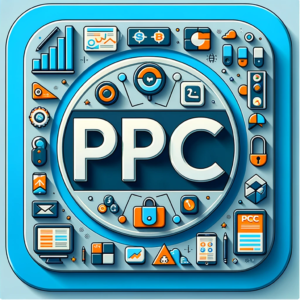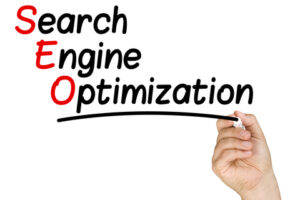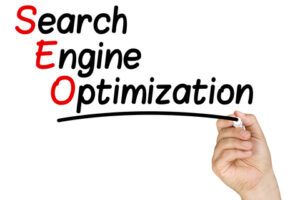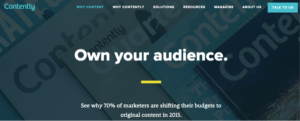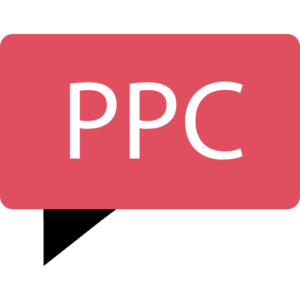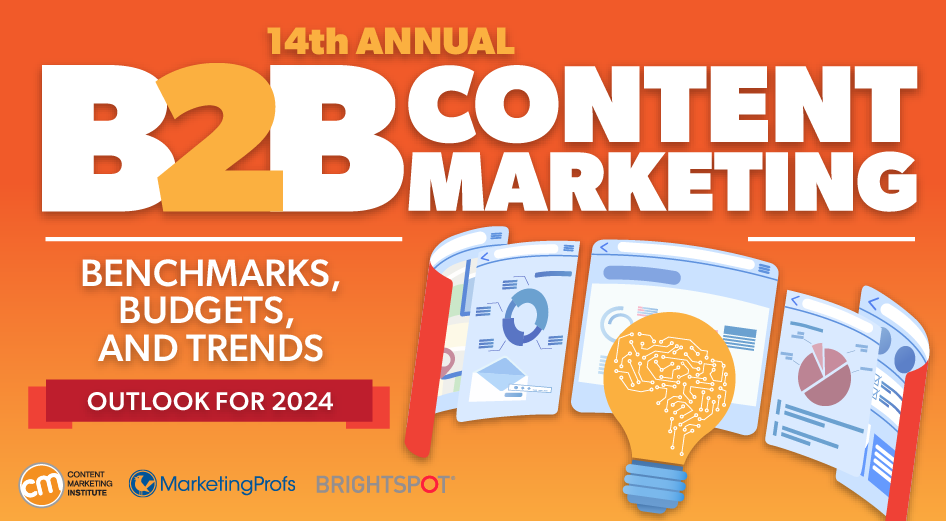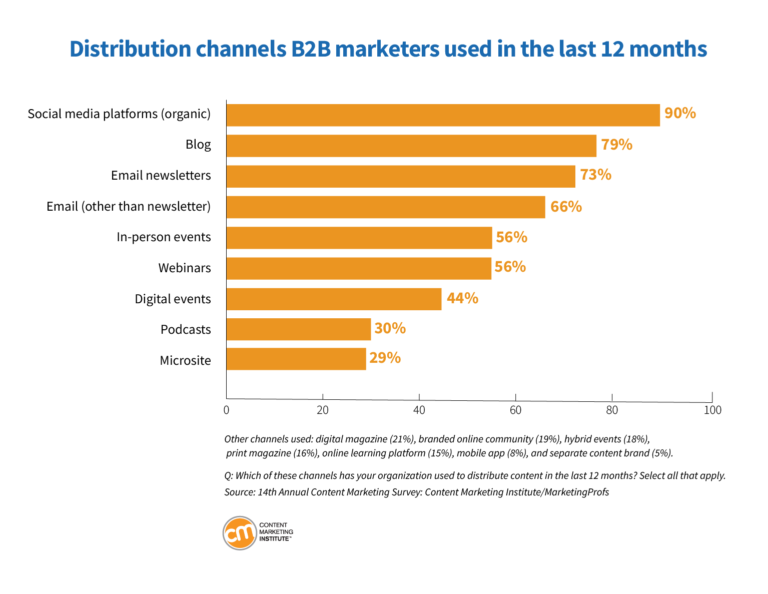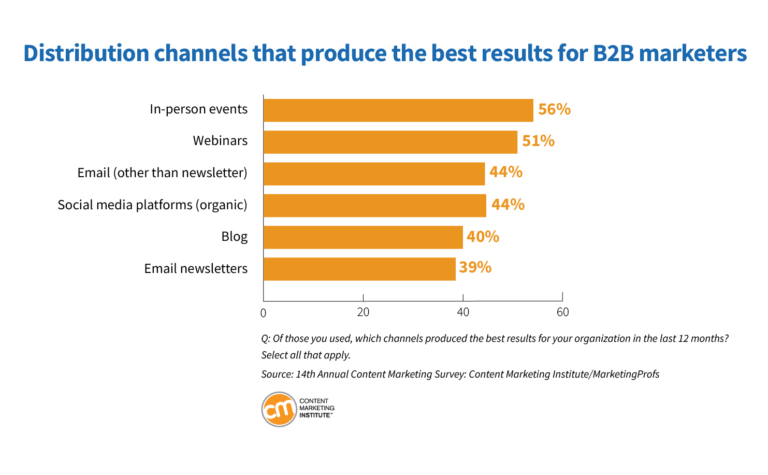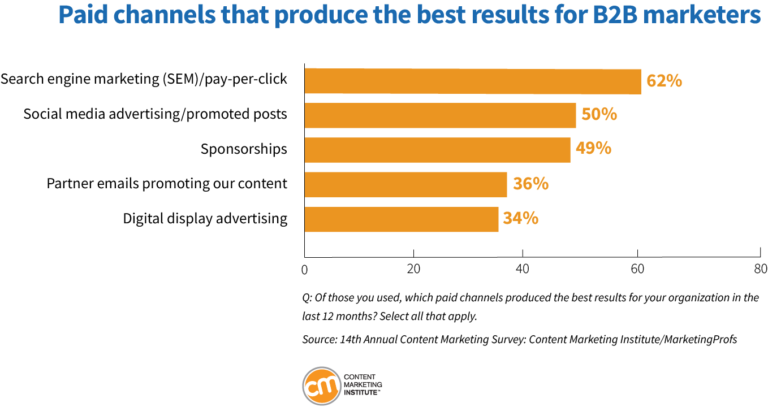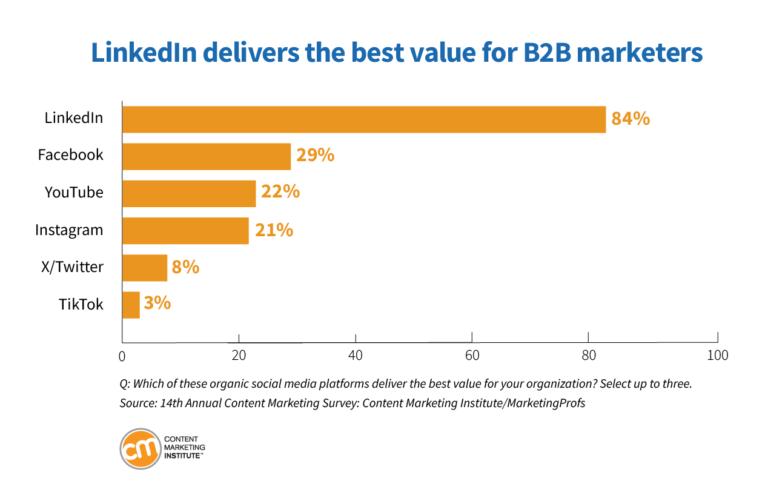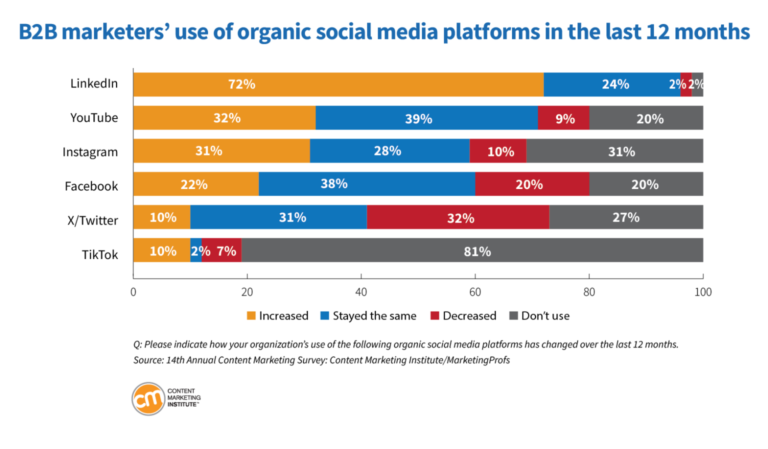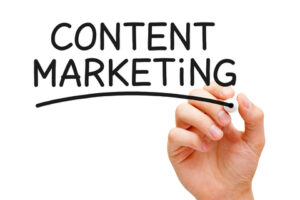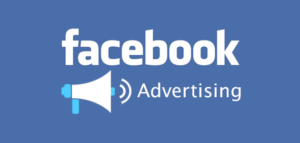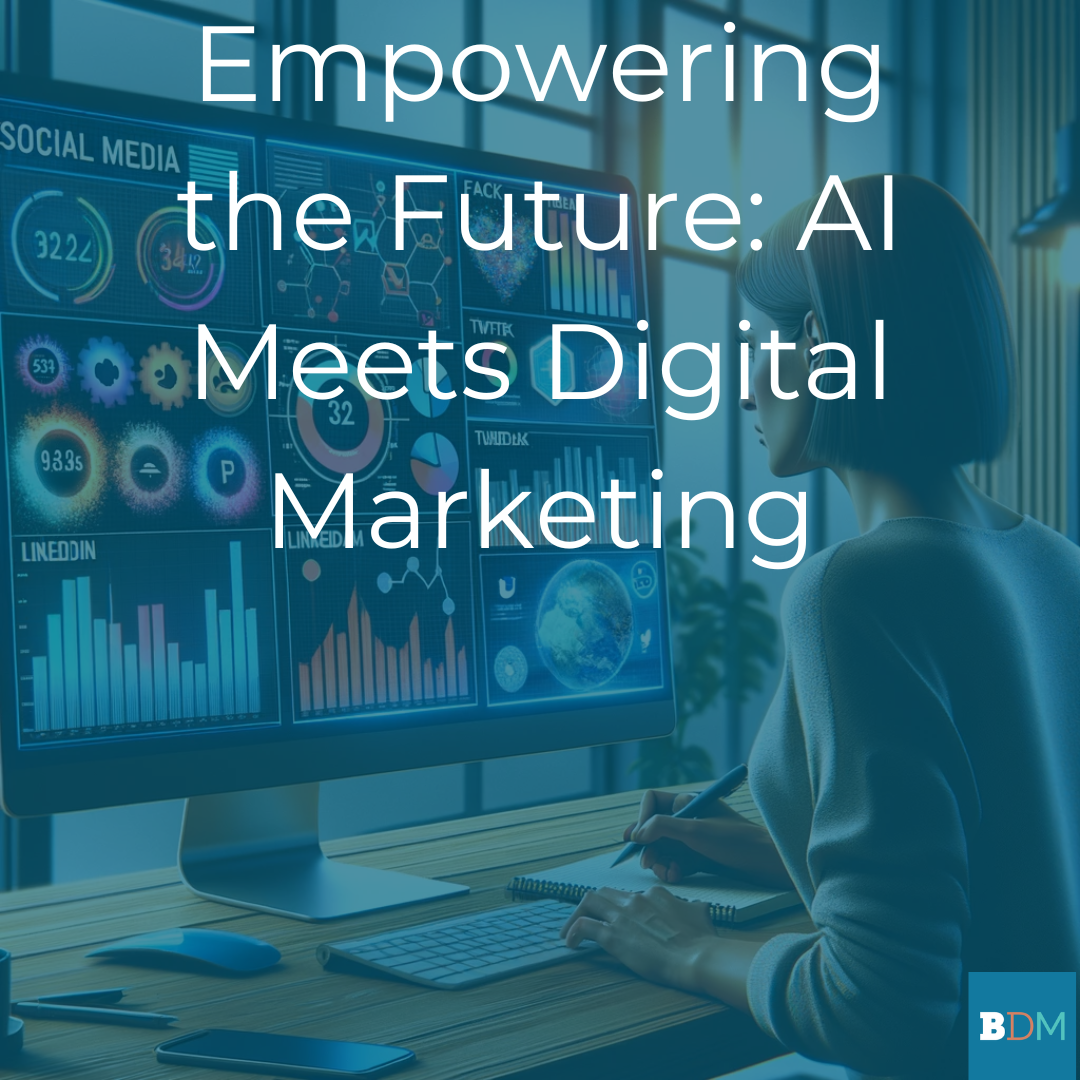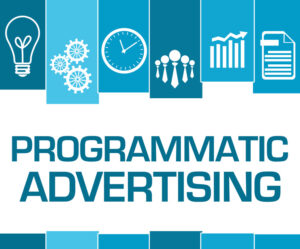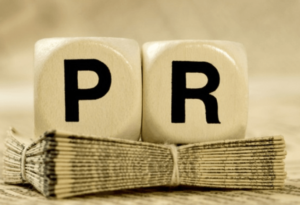Guidelines for Writing SEO-Optimized Content
The Importance of SEO
Search engine optimization (SEO) is a crucial strategy for driving website traffic, improving brand awareness, and boosting sales. Here are some key benefits of SEO:
- SEO is a major traffic driver. According to a study by BrightEdge, organic search is responsible for over 50% of all website traffic.
- SEO can improve your brand awareness. A well-optimized website is more likely to appear in search results, which can help you reach a wider audience and build brand awareness.
- SEO can boost your sales. A study by Forrester found that companies that invest in SEO see a 20% increase in sales.
Foundational Principles for SEO-Optimized Content
- Audience Alignment: Understand and connect with your audience. Tailor your language, tone, and content to meet their expectations, interests, and challenges.
- Value Delivery: Ensure each webpage delivers substantial, relevant content. Avoid superficial or unclear information.
- Organized Layout: Implement a clear structure using headings, subheadings, concise paragraphs, and bullet points to enhance user and search engine comprehension.
- Use Synonyms and Related Terms: Enhance the depth and relevance of your content by integrating synonyms and associated phrases, broadening its appeal to search engines and users alike
SEO Writing Best Practices
- Engaging Headlines (H1): Embed main keywords in a captivating headline to clearly convey the topic of the page.
- Keywords in Contents: Integrate primary and secondary keywords naturally while writing. A good rule of thumb is that the primary keyword is used once per paragraph.
- Direct Calls-to-Action (CTAs): Clearly guide users towards primary actions like getting more information, contacting you, etc.
- Handle Objections: Preemptively answer common questions or concerns. A good way to do this is through an FAQ section on the page.
- Narrate Your Unique Story: Share what makes your brand special and personable, incorporating keywords where relevant.
Optimal Content Length
- Based on our experience, we feel that 600-800 words per page is the sweet spot for content length. You can go over 800 words, but except for the home page you should not be under 600 words.
Technical SEO Considerations
- Optimize Metadata: Craft unique title tags and meta descriptions for each page, starting with your main keywords.
- Image Alt Attributes: Provide descriptive alt text for images, enhancing accessibility and SEO.
Common Website Copywriting Mistakes and How to Avoid Them
- Excessive Keyword Usage: Refrain from overloading your text with the same keyword, which can detract from its readability.
- Overlooking User Intent: Ensure your content directly responds to the needs and questions of your audience
- Prioritizing Search Engines Over People: Remember that the ultimate goal is to engage and inform your readers, not just to rank on Google. Focus on delivering value and clarity
- Compromised Readability: Ensure your content is accessible and easy to digest. Avoid acronyms, overly long sentences, and poor organization that can confuse the reader
Recent Posts

The Power of Online Reviews for Small Businesses
The Power of Online Reviews for Small Businesses As a small business owner, you may be wondering why online reviews are so important. Online reviews
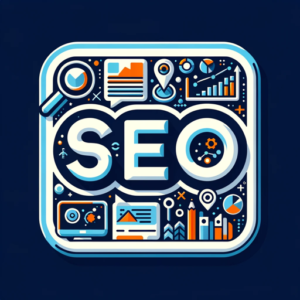
Five Most Important SEO Metrics
The Five Most Important SEO Metrics I recently came across the HubSpot State of Marketing report which showed how companies measure the success of their
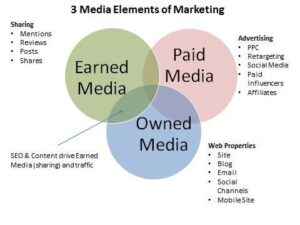
The Three Traffic Sources For Startups
The Three Traffic Sources For Startups I was recently re-reading Randall Stross’s book, The Launch Pad: Inside Y Combinator, Silicon Valley’s Most Exclusive School for

SEO: The Key to Sustainable Business Growth
SEO: The Key to Sustainable Business Growth Search Engine OptimizationIn today’s digital landscape, businesses can no longer afford to underestimate the power of search engine

Vermont Web Design
Springfield802.com Partners with Braveheart Digital Marketing to Enhance Online Presence Springfield802.com, the premier digital platform for Springfield, Vermont, today announced a partnership with Braveheart Digital

AI In Digital Marketing
Mastering AI in Digital Marketing Today, the digital world changes fast, thanks to new tech. In this landscape, Artificial Intelligence (AI) is a big deal,
